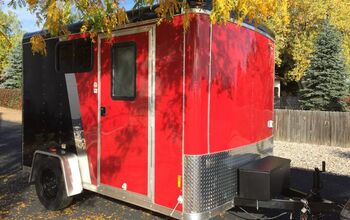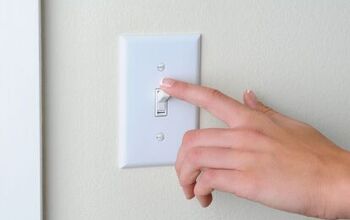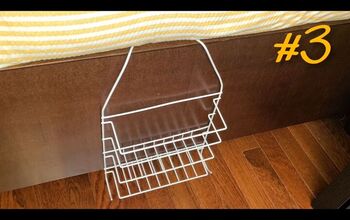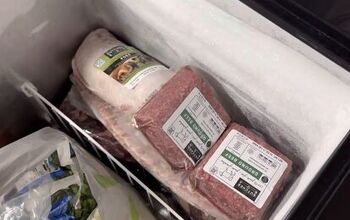Why It's So Tough to Save Money When You're Poor

We can all agree that living paycheck-to-paycheck is not an ideal situation. And it’s just as obvious that individuals doing this still need to save their money and build a financial cushion so they can finally feel secure.
Unfortunately, the basic rules of saving money are simple but not easy – particularly if you’re already behind the financial ball.
Here are three reasons why it’s so difficult for people in poverty to improve their situation:
1. Lack of Opportunity
There’s a reason for the term “banker’s hours.” Most banks are only open Monday through Friday from 9 am to 5 pm. For many of us, that’s a minor pain in the neck, but not a big deal.
But someone struggling with their finances and also relying on public transportation will find that bankers’ hours pose an enormous problem. How do you get your paycheck cashed if you can’t make it to the bank before it closes?
This is further complicated if you have no bank at all. Approximately 4.5 percent of Americans live “unbanked,” meaning they have no bank account whatsoever. They can’t cash their paycheck without paying for the privilege, let alone set up direct deposit and remove the trip to the bank from the equation.
2. Lack of Initial Investment
Let’s say you need to move into a new apartment. You find a place where you can afford the monthly rent of $500, but in order to move in, you have to write your landlord a check for the first and last month’s rent. This is all fine and good, but they also need a security deposit, which you can’t come up with.
Alternatively, you can move into a cheap motel that charges $35 per night. You’ll end up spending over $1,000 to stay there for a month, but you don’t have to cough up $1,500 all at once. The apartment is clearly the cheaper option, but without the initial investment, you can’t take advantage of it.
This is also why fast food is so often a staple of the working poor’s diet. According to behavioral economist Dan Ariely:
“So imagine that you went to a new house tomorrow with no food and you had to start equipping a kitchen. And you wanted to buy salt and pepper and olive oil and pots and pans. You would have to invest a lot of money in order to be able to eat more cheaply. Or you can go to McDonald’s. So it’s even hard to create the conditions to live efficiently.”
David’s Note: What Emily is describing is more common than you think. We’ve had the same cleaning lady (well, actually a cleaning family) come to help us out around the house every few weeks for years now. One day we noticed that they drove over in a brand new car. We were surprised because the old one seemed brand new so we asked them about it to try to teach them that continually changing cars is a major money drain. As we talked, they shared with us that the reason why they had to change cars was that their car broke down. It turns out that they could scrape enough to lease a new car with what they can get by selling the old car that broke down but they didn’t have the money laying around to fix it. Yikes!
It’s been another couple of years and they have since changed cars again. If they only had some savings, they would have saved themselves tens of thousands of dollars just on car ownership alone.
These issues create a vicious cycle: you spend more money than you can afford because you can’t afford the investment needed to save money in the long run.
3. Lack of Time
In 2012, a Coupons.org study found that households with incomes over $100,000 were twice as likely to use coupons as households earning less than $35,000.
This seems counterintuitive since lower-income households have a greater need for coupon savings. But one of the big differences between high- and low-income households is time – which is absolutely necessary for cutting coupons.
Though Americans across the income spectrum feel strapped for time, those living in poverty may spend their time dealing with issues that could’ve been prevented with more money. For instance, if you have to choose between servicing the car and groceries, you’ll probably choose the groceries – until the car breaks down and you must deal with the problem immediately.
The Bottom Line
Saving money is possible at any income level, but it’s an important first step is for those in the lowest brackets to recognize the ways their situation makes saving more difficult. Only then can they start figuring out solutions, as it’s much harder to overcome a challenging situation if you can’t recognize all the ways it’s affecting you.
What else would you add to this list?





















Comments
Join the conversation